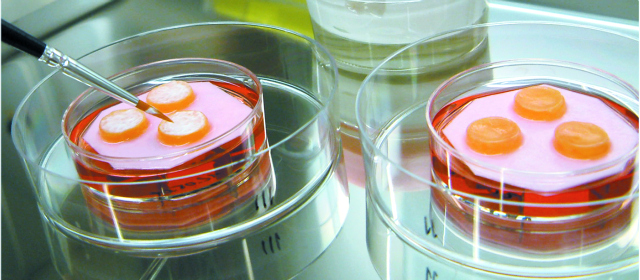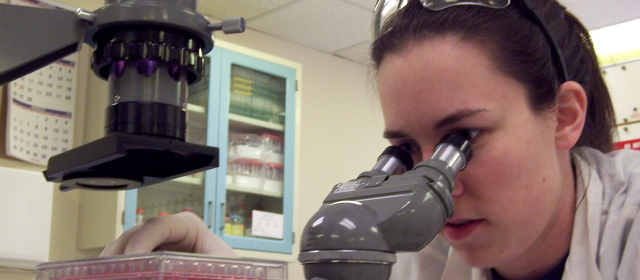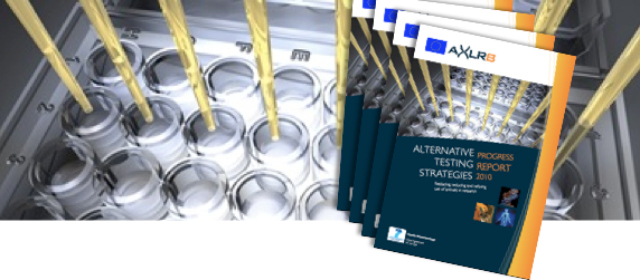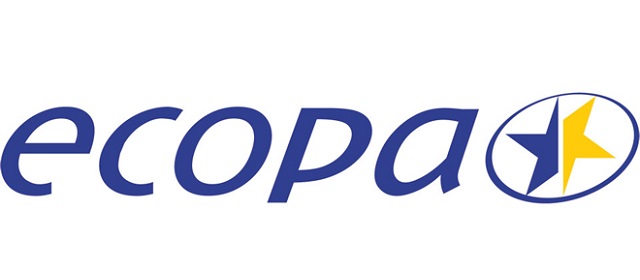ECHA releases report on use of non-animal methods & testing strategies under REACH

[page_title] The European Chemicals Agency has published two major reports on the working of REACH and CLP Regulations and on the implementation and use of non-animal test methods and testing strategies. Video interviews with ECHA senior personnel can also be viewed online. Read more
Commission publishes stakeholder input on implementation date for animal-tested cosmetics marketing ban

[page_title] The European Commission has published inputs received from stakeholders in response to its targeted consultation concerning the proposed 2013 implementation date for an EU marketing ban for cosmetics containing ingredients tested on animals. Read more
Call for submissions for EPAA 3Rs communication prize

[page_title] Deadline: 5 September 2011. EPAA is offering a €3000 prize for an essay or article that broadens awareness of the importance to promote alternative approaches in safety assessment and regulatory compliance testing. As this year the EPAA’s lead theme is ”Integrated Testing Strategies (ITS) and their impact on the implementation of the 3Rs” the […]
ecopa participates in new ECVAM Stakeholder Forum

[page_title] ecopa has been selected by the European Centre for the Validation of Alternative Methods to be represented on the newly constituted ECVAM Stakeholder Forum (ESTAF) by board member and 3Rs expert Troy Seidle. As announced in the January newsletter, ESTAF has been established to bring together ECVAM stakeholders who operate at EU-level to promote […]
May 2011 updates from carcinoGENOMICS, ESNATS and Sens-it-iv

[page_title] ecopa is dissemination partner in the EU 6th and 7th Framework Programme projects carcinoGENOMICS, ESNATS and Sens-it-iv. Brief updates from these projects are provided below. At the 15 March board meeting it was confirmed that the carcinoGENOMICS project will be extended by an additional six months. As part of its dissemination strategy, the project […]
ECVAM/EPAA vaccine consistency workshop flash report

[page_title] A joint ECVAM/EPAA workshop discussed the applicability of the consistency approach for routine release of human and veterinary vaccines and how this could reduce animal use. The workshop was held on 11-12 January 2010, in Brussels. Flash report
EC-industry project aims to develop non-animal methods for repeated dose toxicity testing

[page_title] 1-3 March marked the official kick-off of the €50 million European Commission-COLIPA ‘Safety Evaluation Ultimately Replacing Animal Testing’ (SEURAT) programme aimed at replacement of current repeated dose systemic toxicity testing in human safety assessment. The meeting brought together the coordinators of the seven new large-scale and projects, as well as the leaders of ongoing […]
January 2011 updates from carcinoGENOMICS, ESNATS and Sens-it-iv

[page_title] ecopa is dissemination partner in the EU 6th and 7th Framework Programme projects carcinoGENOMICS, ESNATS and Sens-it-iv. Brief updates from these projects are provided below. The annual carcinoGENOMICS consortium meeting took place in Arona, Italy on 8-10 November 2010. The British Toxicology Society (BTS) is organising a workshop in conjunction with its annual congress […]
Call for the Expression of Interest in the ECVAM Stakeholder Forum (ESTAF)

[page_title] Deadline: 15 January 2011. Why is ECVAM setting up a stakeholder forum? ECVAM’s relation with its stakeholder is reciprocal: ECVAM-validated methods help stakeholders comply with regulatory requirements as laid down in EU legislation, provide them with mechanism-based and robust methods to improve their R&D and address the societal concerns regarding animal testing. Equally ECVAM’s […]
2010 Alternative Testing Strategies Progress Report Released

[page_title] The EU-sponsored coordination project AXLR8 announces the availability of the publication Alternative Testing Strategies: Progress Report 2010. The 2010 progress report includes: An introduction to the AXLR8 project An update on the activities and achievements of 3Rs-oriented research funded under the Health theme of the European Union’s 6th and 7th Research Framework Programmes during […]
